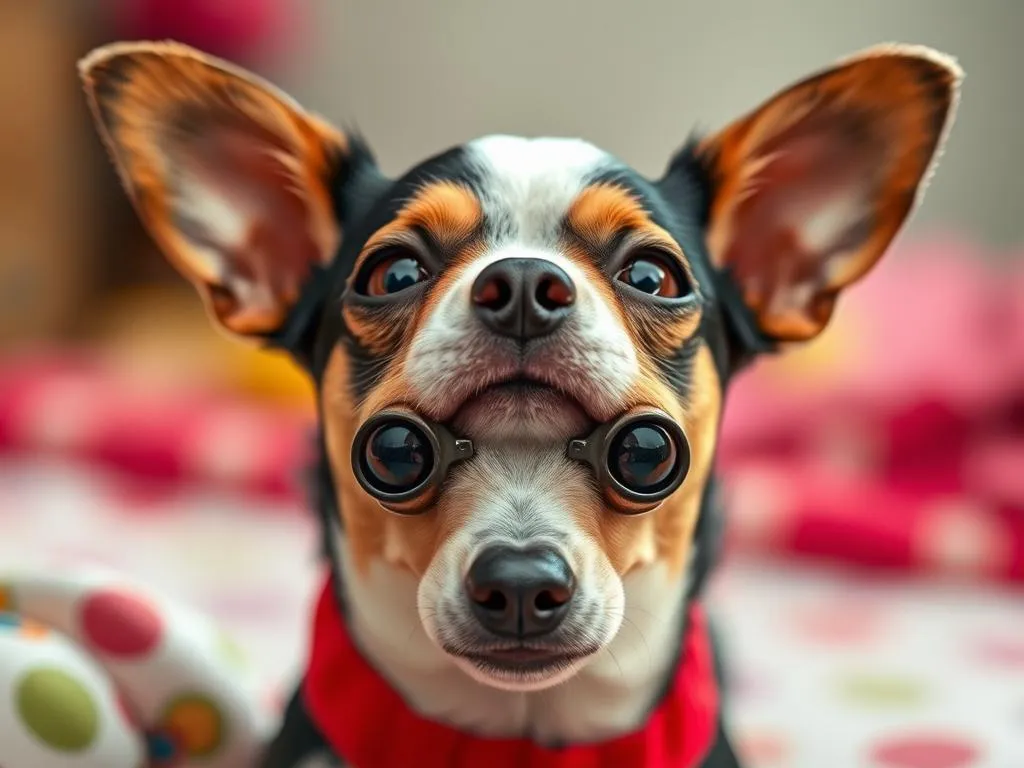
Chihuahuas have gained immense popularity as companion animals, often touted for their small size and big personalities. These tiny dogs have a unique charm that makes them appealing to many potential pet owners. However, a common question arises for families considering adding a Chihuahua to their household: Are Chihuahuas good with kids? Understanding if this small breed is suitable for families with children involves examining their history, temperament, and behavior around kids.
Overview of Chihuahuas
History and Origin
The Chihuahua breed traces its roots back to Mexico, where it was named after the state of Chihuahua. These dogs are believed to have descended from the Techichi, a companion dog kept by ancient civilizations such as the Toltecs and Aztecs. The breed was revered in various cultures and has become a symbol of Mexican heritage. Their rich history contributes to their popularity today, making them a cherished pet in many households.
Physical Characteristics
Chihuahuas are recognized for their petite size, typically weighing between 2 to 6 pounds. They stand around 6 to 9 inches tall at the shoulder. Despite their small stature, they boast a variety of coat colors and patterns, ranging from fawn to black, chocolate, and even spotted. Their coats can be either short-haired or long-haired, adding to the breed’s appeal. This diversity in appearance allows families to choose a Chihuahua that fits their aesthetic preference.
Temperament and Behavior
Chihuahuas are known for their vibrant personalities. They are fiercely loyal, highly intelligent, and often display a protective nature. This breed tends to bond closely with their families, often following them around the house. However, they can exhibit a bit of a “big dog” attitude, sometimes acting bravely in the face of larger animals or situations. When comparing Chihuahuas to other small dog breeds, they often stand out for their confident demeanor and strong attachment to their owners.
Chihuahuas and Children
General Compatibility
When considering if Chihuahuas are good with kids, it’s essential to observe how they typically interact. Many Chihuahuas can be quite affectionate with children, enjoying their company and playtime. However, there are common perceptions and misconceptions about their behavior that need addressing. Some believe that Chihuahuas are inherently aggressive, but this is not universally true. With proper socialization and training, they can coexist peacefully with children.
Factors Influencing Compatibility
The age of the child plays a significant role in determining how well a Chihuahua fits into a family. Younger children, particularly toddlers, may not understand how to interact gently with small dogs, which can lead to stress for the Chihuahua. In contrast, older children who are more aware of a dog’s needs and boundaries tend to have better interactions. Moreover, a child’s behavior, such as being calm and respectful, can significantly influence how a Chihuahua responds.
Case Studies and Anecdotal Evidence
Numerous families have shared positive experiences of raising Chihuahuas alongside their children. For instance, one family reported that their Chihuahua became a beloved playmate for their 7-year-old, often joining in imaginative play. Other families noted that their Chihuahuas had developed protective instincts, watching over their kids during playtime. Experts, including veterinarians and dog trainers, often emphasize that with proper training and socialization, Chihuahuas can thrive in family environments.
Benefits of Having a Chihuahua with Kids
Size and Space Requirements
One of the significant advantages of having a Chihuahua in a family setting is their small size. These dogs do not require much space, making them ideal for families living in apartments or smaller homes. Their compact stature allows them to engage in playtime without needing a large outdoor area, making it easier for families to accommodate them.
Loyalty and Protective Instincts
Chihuahuas are renowned for their loyalty. They can form strong bonds with children and provide companionship that fosters a sense of security. Their protective instincts can be beneficial for families, as many Chihuahuas will alert their owners to unfamiliar sounds or people. This behavior can be comforting to children, knowing that their furry friend is always looking out for them.
Teaching Responsibility
Having a pet like a Chihuahua offers children opportunities to learn about responsibility and care. Children can engage in grooming, feeding, and walking their Chihuahua, which helps instill a sense of duty and compassion. Additionally, the emotional benefits of having a pet, such as companionship and stress relief, can significantly enhance a child’s well-being.
Challenges of Having a Chihuahua with Kids
Temperament Issues
Despite their many positive traits, Chihuahuas can exhibit temperament challenges, particularly if they feel threatened. Some may become defensive when approached too quickly or handled roughly. Teaching children how to interact respectfully with Chihuahuas is crucial in preventing any aggressive behavior. Parents should always supervise interactions and intervene if the dog appears anxious or uncomfortable.
Fragility of Small Breeds
Chihuahuas are small and fragile compared to larger breeds, which can pose risks during play. Roughhousing or overly enthusiastic play can lead to injuries. It’s essential for families to educate children about the Chihuahua’s delicate nature and to encourage gentle interactions. Supervision during playtime can help mitigate risks and ensure a safe environment for both the dog and the children.
Training Needs
Training is vital for Chihuahuas, especially in households with children. Specific training techniques can help encourage positive behavior and discourage negative reactions. Basic commands such as “sit,” “stay,” and “leave it” can create a safer environment. Additionally, socializing the Chihuahua with various people and situations can help reduce fear or anxiety, making them more adaptable to family life.
Tips for Introducing Chihuahuas to Kids
Preparing Your Home
Before bringing a Chihuahua home, it’s essential to prepare your living environment. Creating a safe space for the dog, such as a designated area with its bed and toys, helps the Chihuahua feel secure. Additionally, removing any hazards or small items that could be easily broken can help prevent accidents.
Teaching Kids How to Interact
Educating children on how to approach and play with a Chihuahua is crucial. Teach kids to approach the dog calmly and to avoid sudden movements. It’s important to stress the significance of respecting the dog’s personal space and allowing the Chihuahua to come to them when it feels comfortable.
Monitoring Interactions
Supervised playtime is vital when introducing Chihuahuas to children. Parents should always be present to observe interactions and step in if necessary. Recognizing signs of stress in a Chihuahua, such as growling, backing away, or hiding, is crucial for ensuring the safety and comfort of both the dog and the children.
Conclusion
In summary, Chihuahuas can be good with kids, provided that families take the time to understand the breed’s unique characteristics. Their small size, loyalty, and the potential for strong bonds with children make them appealing companions. However, it’s essential to consider the challenges of having a Chihuahua in a family environment, including their temperament and fragility. By fostering a respectful and supervised relationship between Chihuahuas and children, families can enjoy the many benefits that come with this beloved breed.
FAQs
Are Chihuahuas hypoallergenic?
Chihuahuas are not considered hypoallergenic. They do shed, which can trigger allergies in sensitive individuals.
How much exercise do Chihuahuas need?
Chihuahuas require moderate exercise, typically around 30 minutes a day, which can include walks and playtime.
Can Chihuahuas be left alone with kids?
While Chihuahuas can be good with kids, they should never be left unsupervised with young children to prevent accidents and ensure both parties’ safety.
What are the best practices for socializing a Chihuahua?
Socializing a Chihuahua involves exposing them to various people, environments, and experiences to reduce fear and anxiety. Positive reinforcement during these encounters is crucial for encouraging good behavior.









